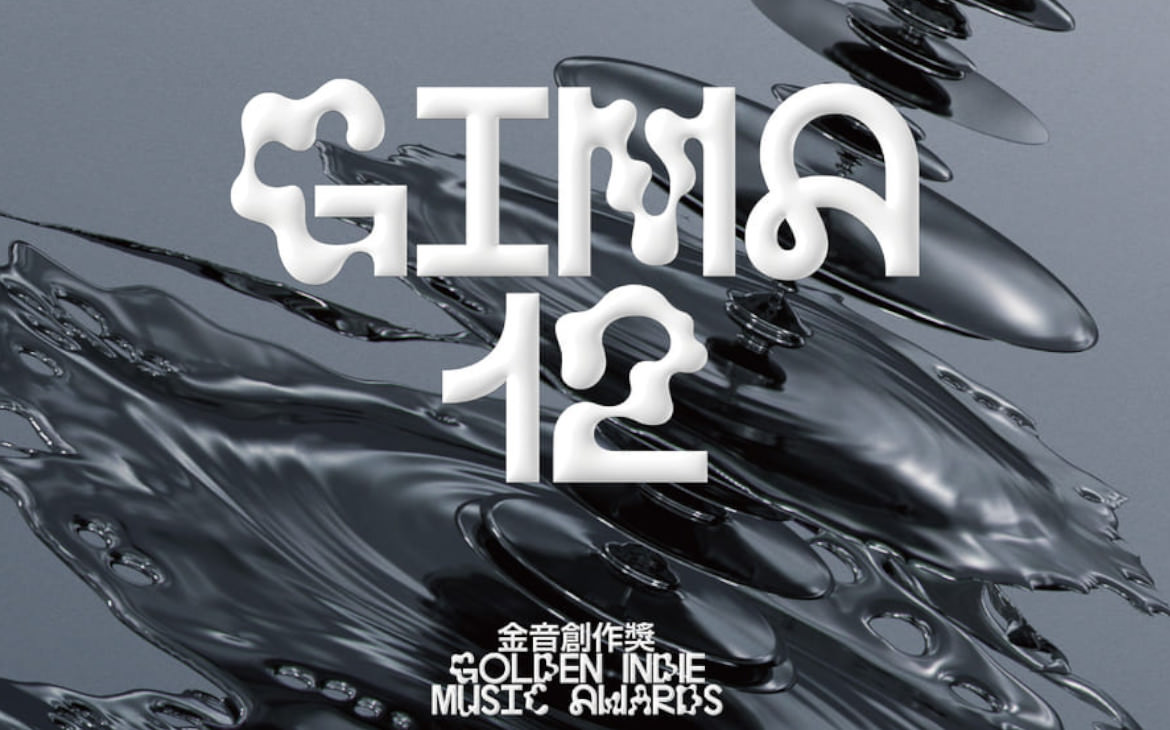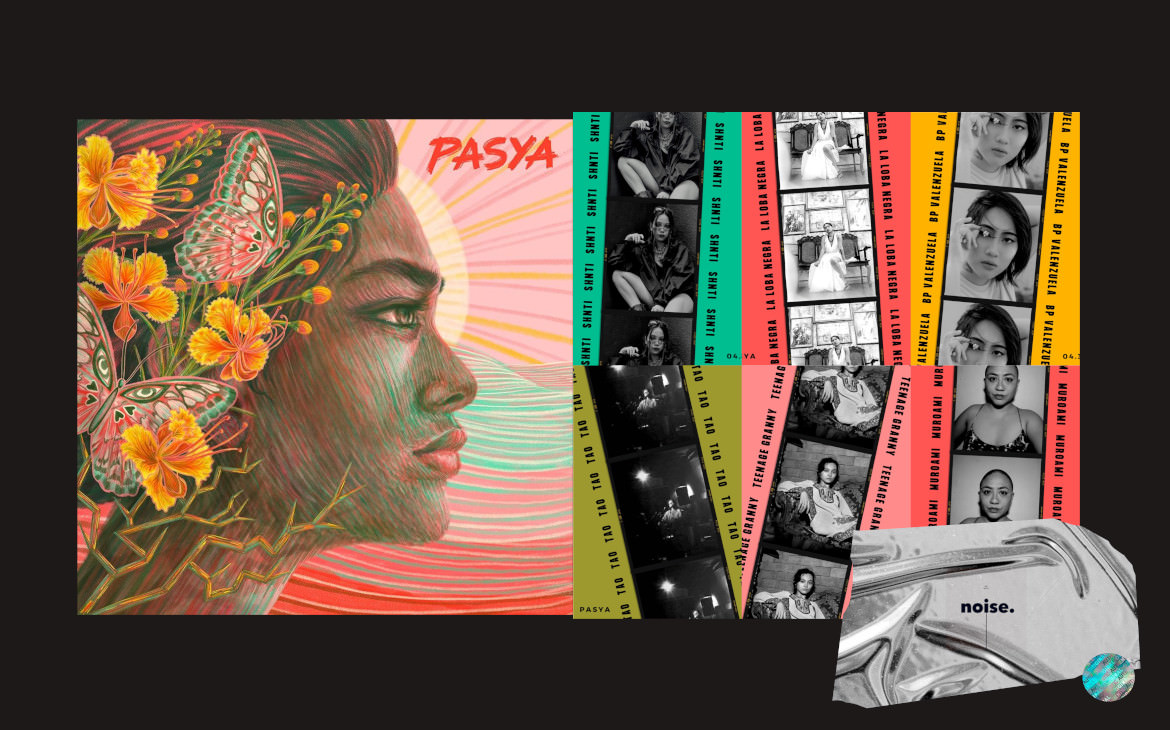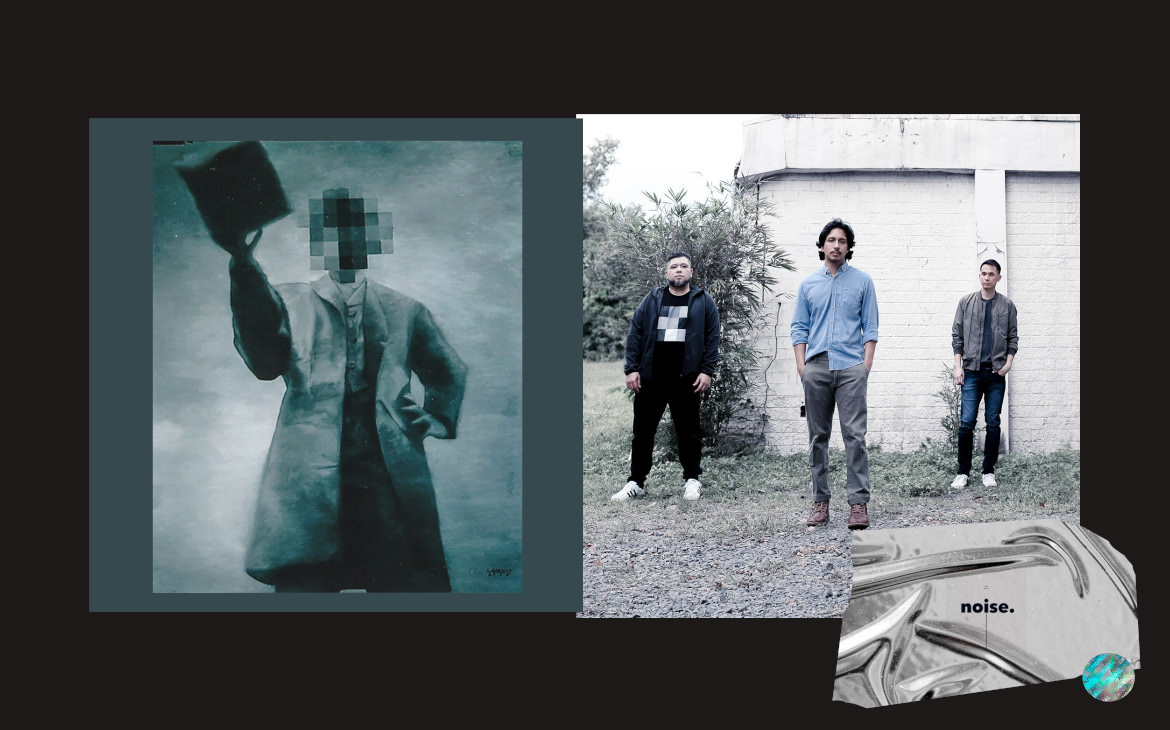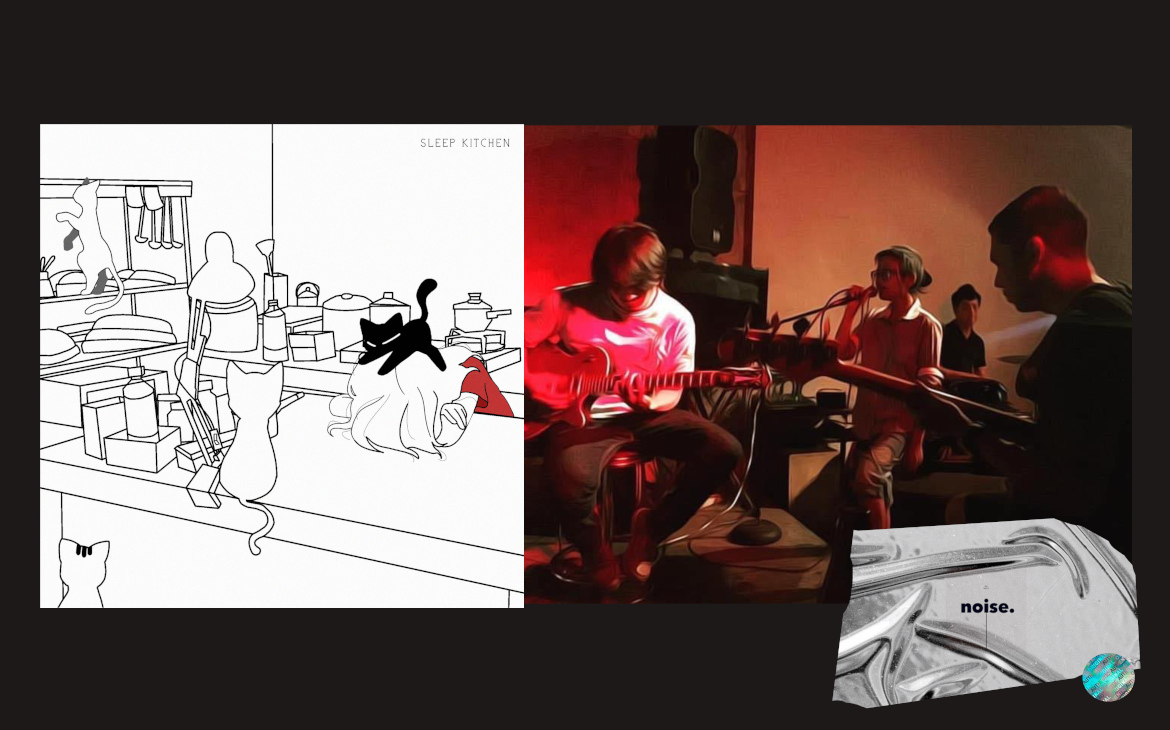Soft Limit speaks to feelings of apocalypse anxiety by embracing the unknown
WORDS BY JAM PASCUAL
On its Bandcamp page, Soft Limit, the new solo project by Itos Ledesma and the full-length album that shares the name, describes itself this way: as “a project suspended in a state of emergence, a repository of potential directions, in the pursuit of an affirmative, integrative practice premised on exploration and fluidity.” To put it another way, the moniker Soft Limit generously defines its project: a permission to experiment.
What we have is an album that treats experimentation as an Apollonian pursuit, as the shifting ground on which it stands. It openly admits the fluctuational nature of its artistic goals, and makes no bones about twisting genres up to suit its needs. Ledesma takes styles like synth pop, garage rock, folk, and noise, and weaves them in a collagaic fashion. Fuzzy guitars and squeaks that sound like salvaged birdsong coil into each other, choppy transmissions come through like NASA-deciphered sun frequencies.
The intro track “Cold Open” takes its time with errant synths and reverb, but before letting the listener get shoegaze-comfy, Soft Limit whips out the drum machine beats for “Rat Season,” a sinister number driven by scuzzy riffs. Soft Limit’s composition style is reminiscent of Mitski’s Be the Cowboy, with his affinity to mix analog and synthetic sounds in weird ways to hit some emotional pressure point.
Kean Reformado and Mike Tee of Malabong Lababo’s production work is delicate and careful. Squelching synths and chirps are subtle but do not go unnoticed, and disparate sounds that would normally compete with each other, work together.
Ledesma’s vocals fry and drawl as if the notes were nursing an ache. It’s a shame that some of the lyrics come through as garble, because what enunciated snippets pierce through the veil are powerful and ominous. Ledesma’s lyrics are esoteric, abstractly gesturing towards a specific experience, abdicating the duty of meaning-making to his arrangements more than the actual words. Still, the depths are great, and we can plumb them. “Six months, married to a hollow song / Six weeks, tethered to a skeleton / Six days, consorting with a spectacle of dust” goes Ledesma on “Mock Sun.” It’s such an idiosyncratic expression of sorrow. Throughout the album, Ledesma hints at different kinds of grief: from personal loss to apocalypse anxiety.
The anime trope of “This isn’t even my final form!” is thrilling because what often follows the proclamation is a grand mutation, parts warping and bending. Listening to Soft Limit is like catching something mid-transformation as a silhouette of light, before it assumes a more definite, less alien shape.
There is already too much music writing in this world that calls a record released this year and the last a quintessential pandemic record, but hear me out. In “Carrion Man,” Soft Limit makes references to “cosmic horror” and “the shape of ruin” before the track recedes into dystopian white noise, static and screeches struggling to convey a message that never reaches. Then a ballad follows. In “Two Mountains,” Ledesma goes: “These lacerations / they’re symptomatic of an episteme coming unglued / Oh my brother / this is a swarm of sorts.” It’s like a missive from a tired scholar, dipping into an inkwell the color of candlelit night in some region of Prague. Soft Limit’s decision to eschew easy genre categorizations, and knack for abstract, speak to this specific historical moment, one that demolishes whole metanarratives, and defamiliarizes everything we think we know. There is a comfort to how this album embraces that instability. Through experimentation, Soft Limit reveals what is possible, and asks us to be open.






